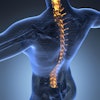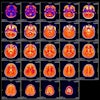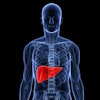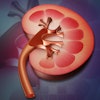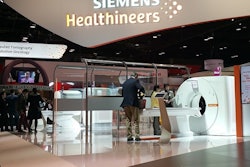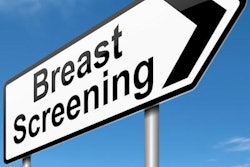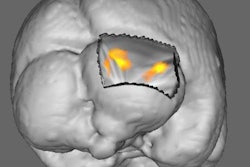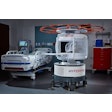Dear MRI Insider,
While exploration into 7-tesla MRI and its potential benefits is still in the early stages, Brigham and Women's Hospital (BWH) in Boston is making a considerable investment in the future of radiology and patient care with the recent installation of an investigational ultrahigh-field MRI scanner.
BWH is setting its sights on using the technology to advance its current and planned research projects. Early targets are the brain and the knee, where the greater magnet strength creates a better signal and leads to higher-resolution images of neurodegenerative diseases and musculoskeletal conditions.
Dr. Srinivasan Mukundan Jr., PhD, medical director of MRI at BWH, said the "sky is the limit" for the new system. Read about what the future might hold for 7-tesla MRI in this Insider Exclusive.
There also have been more developments in the gadolinium debate in recent days. The U.S. Food and Drug Administration in May concluded there is no evidence that gadolinium remaining in the body after MRI contrast administration has any negative health effects. Despite the declaration, it's unlikely that the debate over gadolinium contrast safety will subside.
Meanwhile, a group from the Mayo Clinic confirmed the presence of gadolinium deposits in postmortem brain tissue of pediatric patients with normal renal function who underwent contrast-enhanced MRI scans. The research mirrors other studies that have found gadolinium in the brains of adult patients with normal kidney function years after they received gadolinium-based contrast agents.
In other news, breast MRI has been shown to perform well as an adjunct to screening mammography in women at high risk for breast cancer, and now there is more evidence that the modality is effective in community practices.
In addition, researchers from Johns Hopkins found that performing MRI scans on patients with symptoms of multiple sclerosis cut as much as half a day from their length of stay as hospital inpatients, without significantly adding to the amount of time they spent in the emergency department.
Make a visit to the MRI Community part of your daily routine for the latest news and groundbreaking research from around the world.

